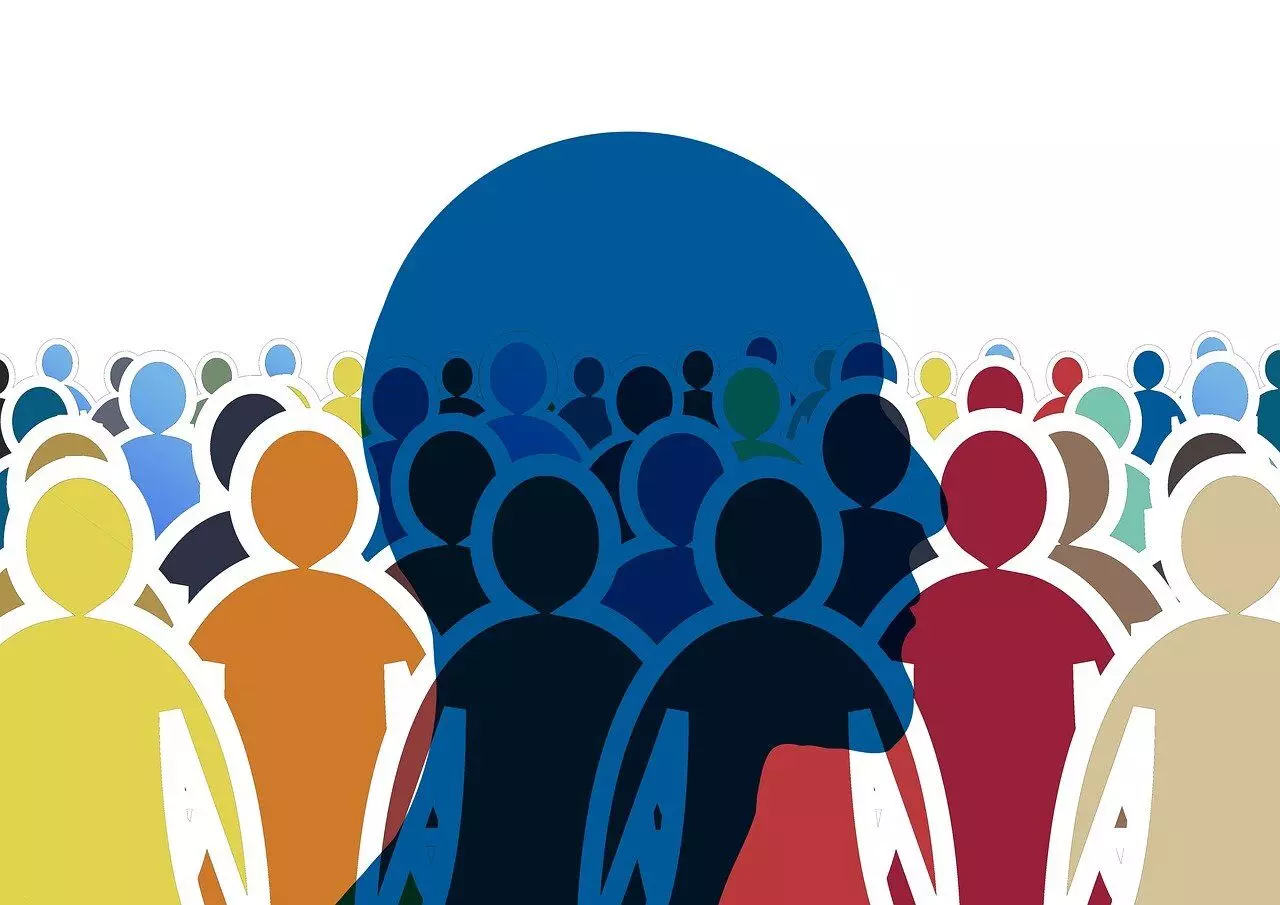Unnerving anathema
Commonly confused with the trait of shyness, social anxiety is a more severe mental disorder which can be treated or managed if timely support from specialists is sought

Raghav had always considered himself a ‘shy person’, as did everyone around him. It wasn’t until his first few therapy sessions that his therapist introduced him to the term ‘social anxiety’. Sure, Raghav was shy, which is a personality trait that many of us have, but he also had debilitating social anxiety.
Raghav always hated being in public. He despised it to the point that he refused to meet any new people or be in a place where he felt he would be scrutinised or judged (which was pretty much everywhere). This impacted his work and personal life. The idea of meeting new people led him to feel intense fear, palpitations, an upset stomach, sweating, and panic attacks. He hated to speak in front of others, join group activities, or make new friends. Even the people he wished to be around, he could not eat in front of them, causing him to decline every social invitation he got. He even feared using public urinals at times. All this took a toll on his functioning and caused him to seek help for his mental health.
Is shyness the same as social anxiety?
Saying someone is shy is not the same as having a social anxiety disorder. Shyness is a common personality trait characterised by feeling uncomfortable or hesitant in social situations. One can overcome it with some confidence-boosting and gradual exposure. On the other hand, social anxiety disorder is a mental health condition where individuals experience intense fear or anxiety in social settings, often leading to avoidance or distress. While shyness can be a mild and manageable trait, social anxiety disorder is a more severe condition that may require professional intervention and treatment.
What is social anxiety?
Also known as social phobia, a condition that occurs in about 7-12 per cent of the population, where a person feels nervous or afraid in social situations to the point of extreme discomfort. The people with social anxiety may worry excessively about what others think of them, leading to feelings of self-consciousness and a strong desire to avoid social interactions. They may experience physical symptoms like a racing heart, sweating, trembling, or blushing when faced with socialising. Psychologically, they may have a fear of embarrassment, excessive self-consciousness, and a constant worry of being judged by others. The causes of social anxiety are multifaceted, and can include genetic factors, past traumatic experiences, and certain personality traits.
When is it considered a disorder?
Diagnosing social anxiety involves meeting specific criteria outlined in the Diagnostic and Statistical Manual of Mental Disorders (DSM-5). Mental health professionals utilise various assessment tools and questionnaires to evaluate the severity and impact of social anxiety, which helps them determine the most appropriate treatment plan for individuals.
What can you do if you have social anxiety?
* Accept that you may need professional help. Start with an open mindset;
* Consider a combination of therapy, medication, and lifestyle changes;
* Support: Find support in loved ones;
* Role of technology: Games like The Sims, and Dungeons and Dragons, where you can take up identities, are played online in groups and can be a good starting point for breaking the ice for social anxiety.
Steps in therapy:
* Identifying and challenging negative thought patterns;
* Building self-confidence through exposure and gradual desensitisation;
* Developing effective communication and social skills;
* Incorporating relaxation techniques (deep breathing, mindfulness);
* Maintaining a healthy lifestyle (exercise, sleep, diet);
* Managing stress and anxiety through hobbies and activities;
* Mindful approaches for managing anxiety in social settings;
* Strategies for initiating and maintaining conversations;
* Handling social events, public speaking, or interviews;
* Establishing boundaries and communication;
* Nurturing friendships;
* Cultivating social support networks;
* Seeking opportunities for socialising and expanding social circles.
Frequently Asked Questions
How long does it take to overcome social anxiety?
Each case is unique. There is no fixed template. Starting to get help early and putting yourself out of the comfort zone of avoidance can help.
Can social anxiety be cured completely?
While there is no definitive “cure” for social anxiety, it is a treatable condition, and many people experience significant improvement in their symptoms through therapy, medication, and various coping strategies. Individuals with social anxiety can learn to manage and overcome their fears, leading to a better quality of life.
How is avoidance bad? After all, you are just avoiding an unpleasant situation!
Excess of anything is bad. Avoidance can be detrimental in the long run, as folks who adopt it all the time may miss out on opportunities at work, in relationships, and in life in general.
Showtime: The character called Raj in ‘Big Bang Therapy’ portrays social anxiety features, particularly in front of women.
Send your questions to [email protected]



